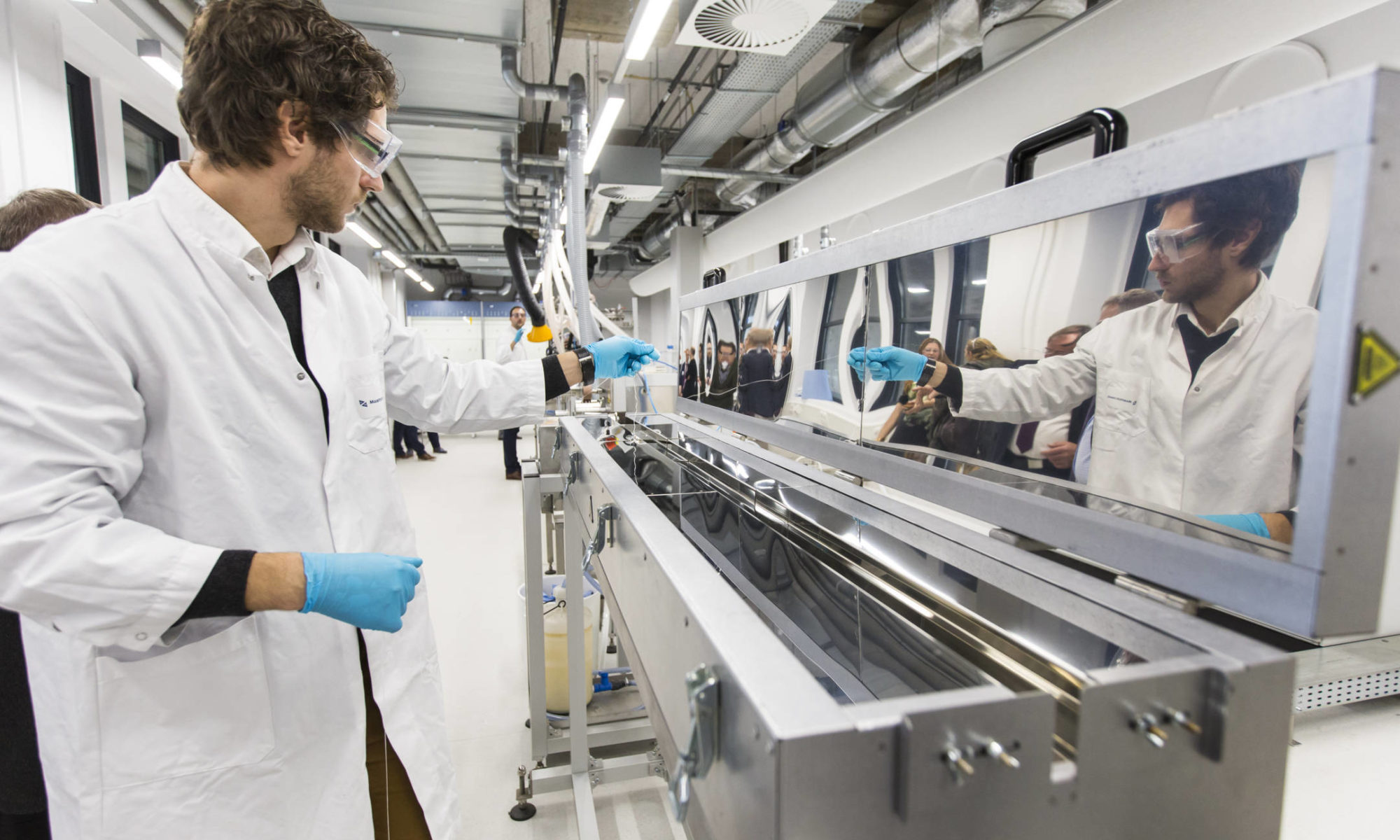‘We want the Netherlands and the rest of the world to reach the climate goals for 2050’, says ARC CBBC’s scientific director Bert Weckhuysen. ‘The chemical industry doesn’t just want to be part of the problem, but also of the solution. The sector will have to become greener. Since ARC CBBC was founded in 2016, we have set up a number of research lines together, through which this institute will be able to contribute substantially to a more sustainable chemical industry.’
Green and circular chemistry
To have as great an impact as possible, the ARC CBBC research focuses on both the short- and the long-term. Weckhuysen: “Green and circular chemistry is our aim, but it will have to be reached in an economically sound way. We therefore want to renew the current chemical processes, making them more energy-efficient and producing less waste. Through fundamental research, which will take longer but have a higher impact, we want to develop totally new processes that are based on non-fossil feedstock. Finally, we are looking for new functionalities: alternative products with interesting application characteristics.’
Founding members of ARC CBBC are Utrecht University, University of Groningen, TU/e, Nouryon, BASF, NWO, Shell, the Ministry of Economic Affairs and Climate Policy and Holland Chemistry.



